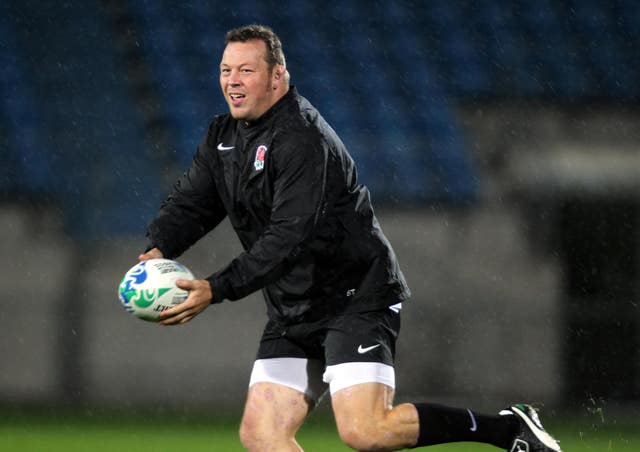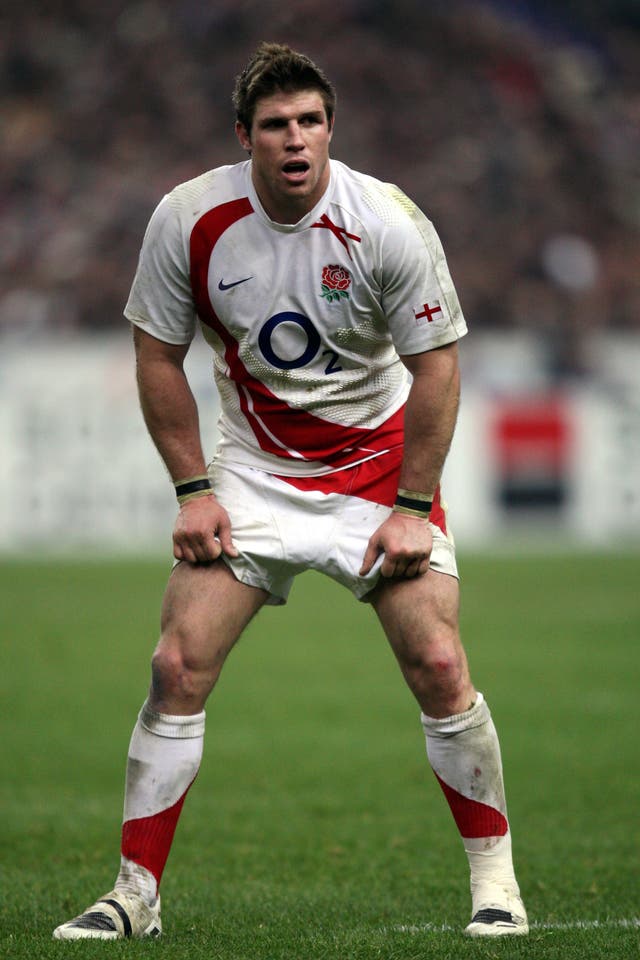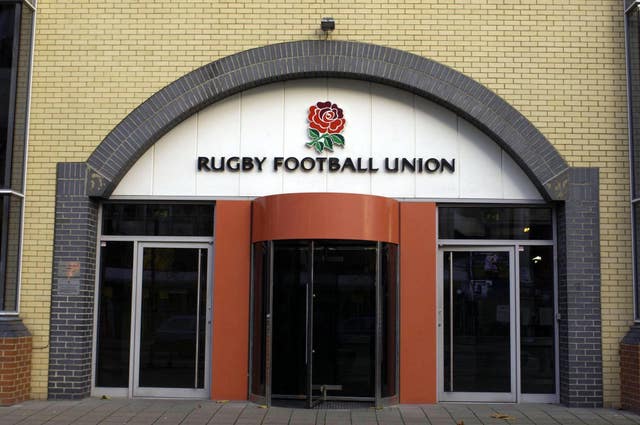Leading surgeon calls for rugby union to act to protect players from concussion
World Rugby, the RFU and the WRU on Thursday received a pre-action letter of claim.

Rugby’s authorities have been urged to take pre-emptive action as they confront a lawsuit from nine retired professional players suffering with health problems caused by brain injuries.
Bill Ribbans, a leading orthopaedic surgeon and one of Britain’s top sports medics, believes the legal action being undertaken by players such as England’s World Cup-winning hooker Steve Thompson and former Red Rose flanker Michael Lipman is a “wake-up call” that must be heeded.
World Rugby, the Rugby Football Union and the Welsh Rugby Union on Thursday received a pre-action letter of claim from Rylands Law, who claim the governing bodies have failed to provide sufficient protection from concussion.
Ribbans worked with England and Northampton during a 40-year career as a surgeon and pitch-side medic acting across a range of sports, as chronicled in his recently published memoir ‘Knife in the Fast Lane’, and has called for prompt action.

“This is not the first lawsuit around head injury, but it’s clearly the biggest and highest profile. Inevitably, because of the way the law works, I expect it will take a long time to resolve.
“Rugby really has to act and shouldn’t wait for the verdict, whichever way that goes. This has been a wake-up a call.
“The power of these people and the way in which the collisions happen, it really does make you shudder.
“Contact sport can never be 100 per cent safe but there are aspects of the game that can be improved to reduced the risk of injury and improve player welfare.”
Ribbans believes that the current system used to evaluate potential instances of concussion – the head injury assessment and return to play protocols – are not fit for purpose.
Until 2011, concussed players were automatically stood down for three weeks but that can now be reduced to six days if a series of stages are completed under medical supervision.

“And there were good reasons for the HIA – they thought players would hide concussion if they knew they’d be out for three weeks, but they were more likely to comply if they felt fine and went through the stages. But that did mean they could be back playing the next weekend.
“That needs to be revisited because that might have meant players have gone back too early.
“I’m not sure there should be a three-week blanket stand down, but we do need to revisit the evidence and the criteria by which the present system is run.
“Even if a player passes the current protocols, returning the following week is too soon.”

“The height of the tackle is absolutely critical. We know that the higher you tackle, the greater the risk of concussion,” he said.
“When you get very high it increases enormously. Also double team tackles are a problem. If you reduce the tackle height, then double teaming becomes harder.
“I also feel strongly about replacements. If a front row has to last 80 minutes rather than 50, the way they are conditioned will change. They’ll be less of a wrecking ball and more mobile around the pitch.
“Fresh players coming on at 60 minutes and tackling players who have been on for 60 minutes already, the latter has an increased risk of injury.”
* Knife in the Fast Lane is out now and published by Pitch Publishing





